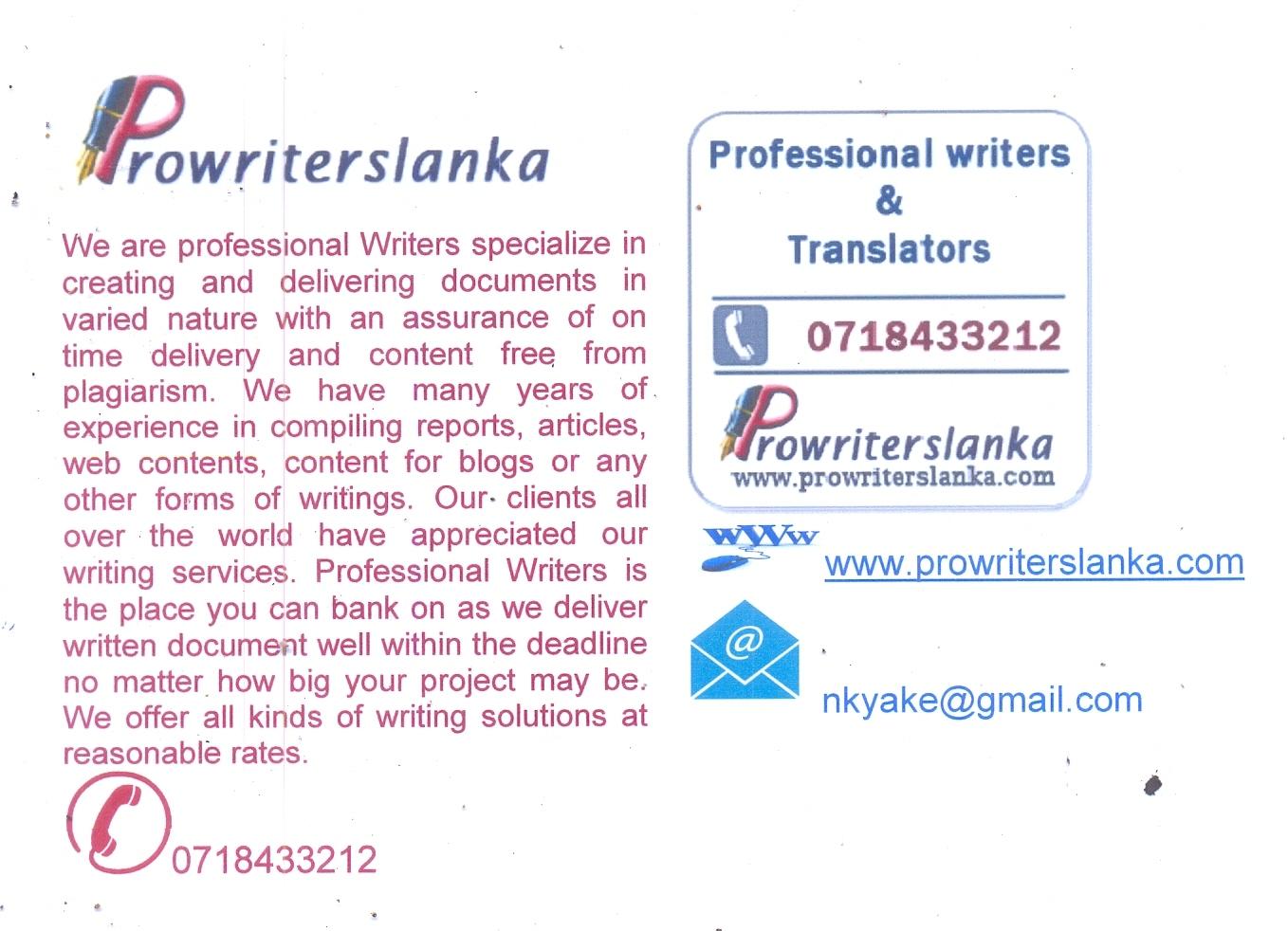Nanda KarunanayakeFreelance Writer @ Colombo | Sworn Translator, Marketing Communications137 articlesDecember 18, 2023Open Immersive Reader
In the dynamic realm of writing and editing, ethical and moral considerations play a pivotal role in shaping the content we create and refine. As custodians of language and narrative, writers and editors bear a significant responsibility to wield their pens (or keyboards) with thoughtfulness and integrity. In this article, we’ll delve into the ethical considerations that writers and editors should keep in mind, exploring the delicate balance between creative expression and moral responsibility.
At the heart of ethical writing and editing lies the commitment to truth and accuracy. Writers must strive to present information faithfully and factually, avoiding the temptation to distort reality for dramatic effect. Whether crafting a compelling narrative or editing someone else’s work, the obligation to the truth is paramount. Misrepresenting facts not only erodes the trust between writer and reader but also undermines the very foundation of ethical storytelling.
In an increasingly interconnected world, writers and editors must be attuned to the diverse tapestry of humanity. Ethical considerations demand the cultivation of narratives that celebrate differences and challenge stereotypes. Editors, especially, play a crucial role in ensuring that content does not perpetuate harmful biases or exclude underrepresented voices. By championing inclusivity, writers and editors contribute to a more equitable and just literary landscape.
Originality is the lifeblood of creativity, and ethical writers and editors understand the importance of giving credit where credit is due. Plagiarism and intellectual property violations not only tarnish a writer’s reputation but also infringe upon the rights of others. Proper citation and attribution are ethical imperatives, ensuring that the intellectual contributions of others are duly acknowledged and respected.
While creativity is a writer’s greatest asset, it must be tempered with sensitivity. Ethical considerations dictate that writers and editors approach potentially sensitive topics with care and empathy. Avoiding gratuitous depictions of violence, trauma, or other triggering content is crucial. Striking a balance between creative expression and the potential impact on readers’ emotions is a hallmark of responsible storytelling.
Writers, in particular, must adhere to ethical principles in their craft. Transparency in the editing process is essential, as authors entrust their work to editors with the expectation of constructive feedback. Clear communication about suggested changes, stylistic choices, and any potential ethical concerns ensures a collaborative and respectful editing relationship.
In the complex landscape of writing and editing, ethical and moral considerations guide the actions of conscientious writers and editors. Upholding truth and accuracy, embracing diversity and inclusivity, avoiding plagiarism, balancing creativity with sensitivity, and maintaining transparency in the editing process are all essential components of ethical content creation. As guardians of language, writers and editors possess the power to shape narratives that not only captivate but also uplift and inspire, leaving a positive impact on readers and society as a whole.

